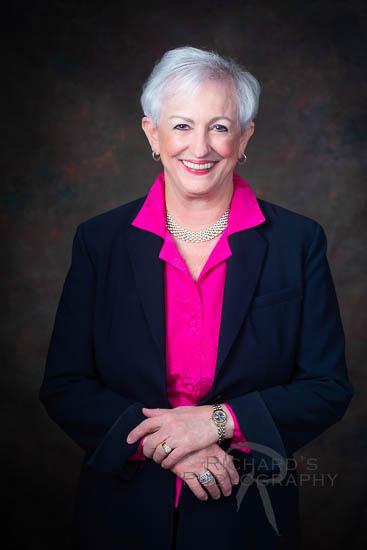Understanding the Fundamentals of Photography

Understanding the Fundamentals of Photography
For people who want to improve their skills, the basics matter most.
Understanding Gear Before Shooting
Every photographer must first learn their equipment.
Whether you shoot with a mirrorless camera, the fundamentals of light and composition remain the same.
Spend time changing lenses or focal lengths. Knowledge of features frees you to be creative.
Mastering Lighting
Good lighting separates average photos from great ones.
Natural light from the sun is easiest for beginners.
Studio strobes let you shape mood.
Shadow placement change how skin looks.
How to Frame Photos
The way you place subjects matters as much as the subject itself.
Leading lines add depth.
Try unusual angles. Fresh viewpoints make images memorable.
The Role of Repetition
Every mistake is part of learning.
Carry your camera daily. Practice makes settings natural.
Blurry shots teach faster than success.
Editing and Post-Processing
Post-processing completes the creative process.
Simple phone apps crop composition.
Editing should enhance, not distort.
Sharing Work
Images gain power when seen.
Local clubs offer critique.
Printing images shows dedication.
Building Identity
Style is your visual fingerprint.
Switch between color and black-and-white. Each adds to your toolkit.
Your style isn’t fixed forever, and that reflects growth.
Common Beginner Mistakes
Ignoring light direction are common issues.
Over-editing images slows progress.
Awareness turns errors into improvement.
Extra Tips read further and Tricks
- Always check your battery before leaving home.
- JPEGs are fine but less forgiving.
- Dust shows in photos.
- Auto is easy but manual builds skill.
- Study what inspires you.
Common Questions
Q: Do I need an expensive camera?
A: No, skill matters more than gear.
Q: How long until I improve?
A: Improvement depends on practice.
Q: Is editing cheating?
A: No, editing is part of modern photography.
Q: Should I always follow rules?
A: Balance structure with experimentation.
Closing Words
Every photo is a step forward.
Stay curious. With creativity and consistency, you’ll capture stronger stories.
Whether as a hobby or a profession, momentum creates growth.
The Role of Photographers in Society
A photographer is a storyteller through images.
Hobbyists look at the world differently.
Photographers work in many fields, such as fashion. Each uses varied equipment.
True professionals study light carefully.
Understanding Camera Gear
Gear is not everything, but it matters.
Cameras
Compact point-and-shoots offer flexibility at various levels.
Smartphones put photography in everyone’s hands.
Lenses
Different lenses tell different stories.
- Telephoto lenses bring distant subjects closer.
Understanding lens purpose improves results dramatically.
Tripods and Stability
They help landscape and night photographers.
Lighting Equipment
Speedlights add portable control.
Extra Items in a Camera Bag
- Memory cards are essentials that prevent problems.
- Backpacks help photographers stay mobile and organized.
- Intervalometers expand check for more creative options.
Do Photographers Need Expensive Gear?
In reality, skill makes the bigger difference.
Still, gear upgrades can unlock possibilities when skills improve.
What Makes Photographers Better
Experimenting with different gear teaches flexibility.
Taking workshops keep learning fresh.
Technology and Photographers
Technology is changing tools, but vision stays the same.
Computational here photography are shaping the future.
Still, the essence remains: capturing light, telling stories, and expressing ideas.
Wrapping Up This Section
Knowledge, practice, and patience make the real difference.
Gear will evolve, but curiosity and creativity will always define the art.